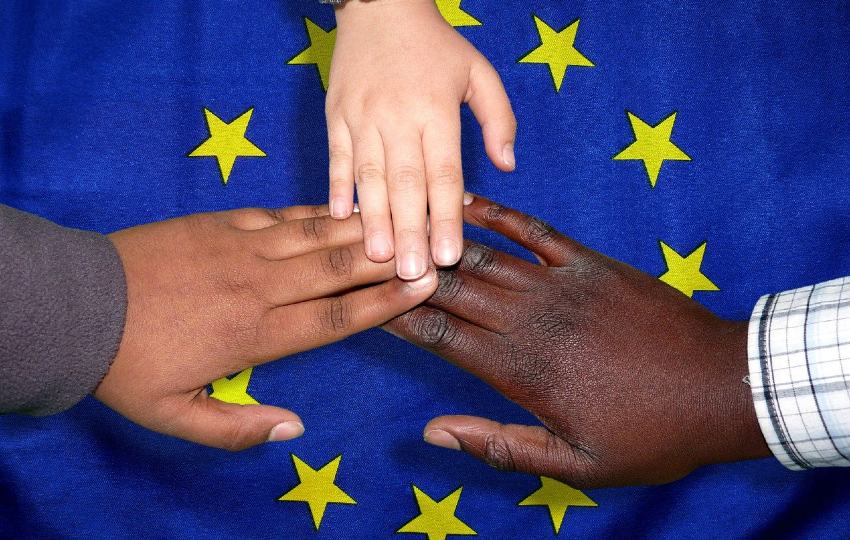In modern societies, Social Inclusion and its achievement reflect the biases, the growth mindset, and the wide range of people’s perceptions.
It is generally accepted that Social Inclusion is something that should be accomplished in all kinds of society. It is also desirable for racist attitudes and behaviors to disappear as well as ghettos. However, the reality seems to disprove all the above. Even if there is a diverse society’s intention, there are plenty of examples that designate the opposite. The most blatant is the Roma people.
Roma live in makeshift bivouacs, usually without the essential hygiene specs. They work in temporary jobs without contract and healthcare insurance, or as musicians and fortunetellers. In some cases, they live from mendicancy. Children attend school reluctantly, or they leave it and work with their parents. Hence, they tend to repeat the same lifepaths and avoid change and integration into society.
The European Commission has set priorities and strategies for the integration of Roma in European countries. At the same time, it provided them with funding for implementing public healthcare and culture programs, employment, and social innovation projects for Roma people.
There is a remarkable mindset change about Roma, and racism is no longer the main reaction. However, in many countries, the reality remains unchanged. Roma people continue to live in ghettos, without any other interaction with society than the financial. Children do not complete the mandatory years of formal education often, and they lack occupational choices.
A Few Words About the Project
The Another ENTrance project, co-funded by the European Commission, examines the potential of Social Entrepreneurship as a possible career for Roma and gives prominence to Roma’s best practices who have launched their Social Enterprise. The project also contributes to investigating the existing needs that must be covered through a venture as this is. We expect a social entrepreneur’s career to contribute to Roma’s integration and the amelioration of their living conditions and, consequently, their quality of life.

